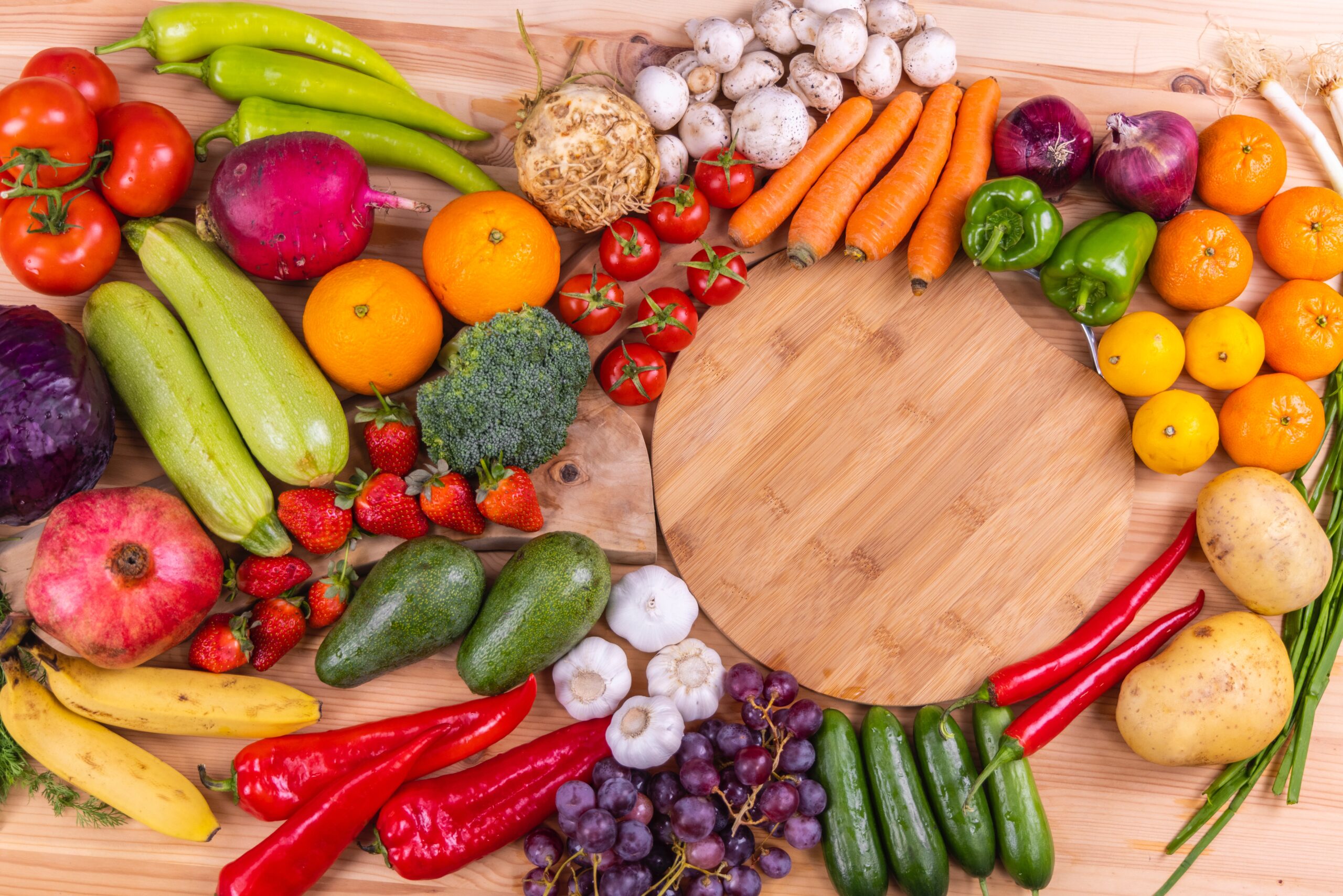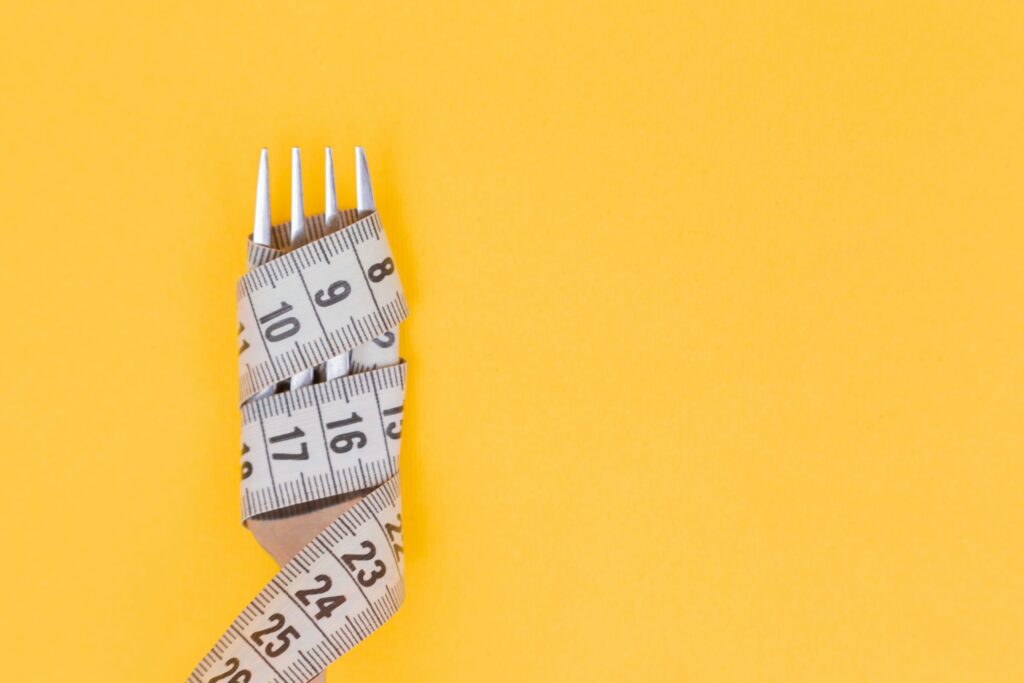
Can you lose weight without exercise? The good news is that fat loss is predominantly driven by your nutrition. Healthy eating makes the biggest difference to weight loss, more so than exercise. The food you eat also matters because you want to try and maximize your nutrition whilst reducing what you are eating every day.
In order to lose weight without exercise, we need to bring ourselves into a hypocaloric state. This means that you need to eat fewer calories than you use every day and the biggest way to control this is through managing what you eat.

How do I work out my calories?
To bring yourself into a calorie deficit, the first thing you need to figure out is how many calories you need each day. Use the calculator in the sidebar (or the bottom of the page if you are on a mobile device) to find out your daily calorie needs.
The next point is to work out a realistic deficit. In general, a 500kcal deficit every day will lead to approximately 1lb or 1/2kg of weight loss each week.
Keep it realistic and plan for the long term.
You may be tempted to create a large deficit at first, especially if you are looking to lose weight fast, but this is a false economy. Creating a deficit that is too large will make your weight loss journey miserable. You will not have enough to eat and it will be near impossible to stick with for any lasting amount of time. Your body will also suffer, as your vitamins and minerals will be deficient which will cause your body to rebel against your efforts.
Keep your weight-loss goals realistic. You did not put this weight on quickly and it will take time to lose it. Be patient and focus on the transformations you make week by week. Try to view your new way of eating as a long-term plan that you intend to keep way into the future.
What should I eat?
Losing weight in a healthy way should take account of your nutritional needs. We have decided to cut our calories and therefore, the amount of food that we eat, so we must make sure we use our calories well.
Think vitamins and minerals here.
The biggest contributor to your daily food intake should be vegetables. Try to boost up those vegetables to account for 50% of each meal.
Try to include a portion of fruit each day too.
Protein is important. You need 1g of protein for every kg of body weight you are carrying. Protein supplies us with the amino acids we need to build muscle and repair our bodies so make sure you include lean protein, such as lean cuts of meat, fish, eggs, and low-fat dairy like Greek yogurt. If you are vegetarian, include soya products or make sure you are combining your foods to create a full profile of amino acids.
Starchy carbohydrates help fuel our energy reserves, but we do not need to overeat these. Make these no more than 25% of your meal.
Fat is essential in the absorption of certain vitamins so a little is vital to our wellbeing. We do not need too much fat, cook lightly with sprays and keep an eye on the fat content of your food.
If you are looking to lose weight without exercise then your focus is going to be on your nutrition.
Do not dismiss exercise too quickly.
Exercise may not be as bigger a contributor to fat loss as calorie management, but we should think twice before dismissing it completely.
Exercise is not only about expending energy. Exercise brings us many health benefits that will positively influence your body, such as:
- Stronger heart health
- Better cardiovascular health
- Toned and strong muscles
- Stronger bones
- Better alignment and joint mobility
- Better mental health and mental well-being
and yes, alongside a calorie deficit, exercise will make weight loss happen faster.
If you are concerned about exercising because of health reasons, then visit your GP for advice. While there are some situations where exercise may not be possible, quite often, exercise can be adapted for many health concerns.
If you can exercise, then consider giving it a try alongside your nutrition plan, not only will it help you achieve your goals faster, you will benefit more by including it two to three times a week.
